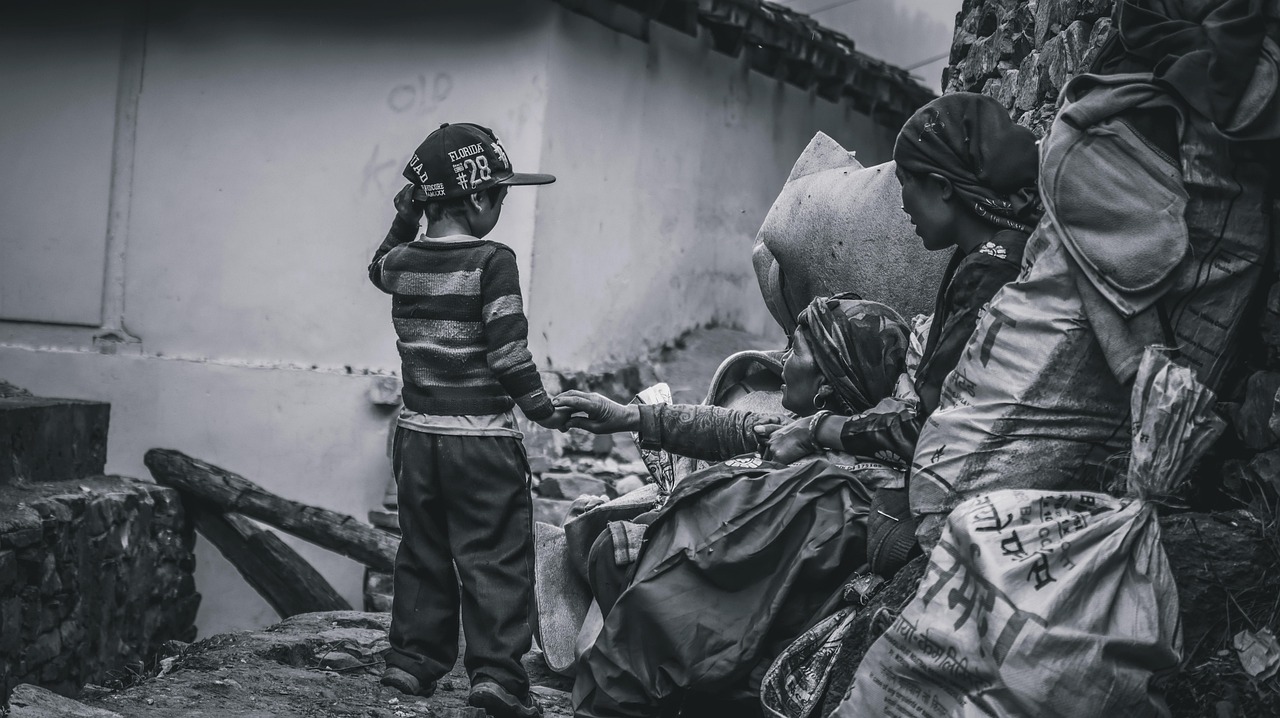Context and issue
According to data from the Ministry of Education (MoE) of the Central Government for the 2015/2016 school year, Iraq is facing a crisis affecting approximately 1.3 million school-age children (6-12 years old). By the end of the academic year 2016, only 60 percent of these conflict-affected children had access to any form of education. The restriction of educational access has dire consequences for Iraqi children, leading to increased risks such as early marriage, child labor, recruitment by armed groups, and susceptibility to abuse. Moreover, the lack of educational opportunities exacerbates social tensions between host and displaced communities, hindering the voluntary return of internally displaced persons (IDPs) and posing risks to Iraq's stability in both the short and long term. Furthermore, the absence of education deprives Iraqi children of essential knowledge and skills, perpetuating poverty and hindering their potential contributions to the country's social and economic development.
Solution
The primary objective of this project is to provide support to six governorates (Baghdad, Erbil, Babil, Thi Qar, Salah Al-Din, and Ninewa) in Iraq, which are among those with the highest numbers of out-of-school children (OOSC). Targeting 150,000 OOSC, including IDPs and returnee children, the project aims to address various barriers to primary education access in Iraq, including reduced accessibility, poverty, poor teaching and learning quality, inadequate school infrastructure, low community involvement, and parental lack of awareness of education's importance. The project builds upon lessons learned from UNESCO's past initiatives in Iraq, continuing and expanding proven approaches such as targeting OOSC, teachers, educational supervisors, and Parent Teacher Associations (PTAs) members. Additionally, new interventions are introduced, including a strong focus on IDPs affected by armed conflict, improvement of the school environment, capacity building for teachers, administrators, and community groups, implementation of new awareness-raising and advocacy campaigns, and flexible learning approaches like Community-Based Schooling and Accelerated Learning. Enhanced monitoring and evaluation, utilizing and improving the Government's Education Management Information System (EMIS), ensures effective implementation and assessment of project outcomes.
Impact
Despite security risks, instability challenges, and school closures due to the COVID-19 pandemic, the project succeeded in enrolling 99.8% of the targeted OOSC in the six governorates with high OOSC in Iraq: Baghdad, Ninewa, Babil, Dhi Qar, Salah Al-Din, and Erbil. This achievement underscores the project's resilience and effectiveness in addressing the educational needs of vulnerable children despite adverse circumstances.












